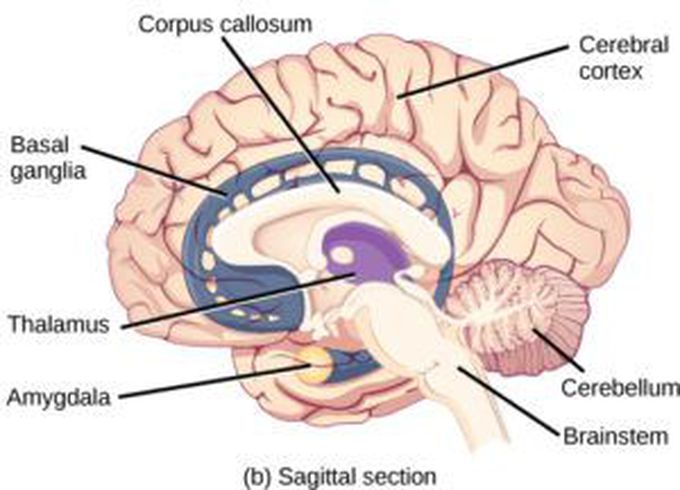


Which part of the brain develops last in adolescence
The front part of your child’s brain — the frontal cortex — is one of the last parts of their brain to fully develop. It won’t finish maturing until your child reaches their mid- to late 20s. This area of the brain controls executive functions such as planning, prioritizing and controlling impulses. Because it develops so late, your teenager may have lapses in judgment. You may see an increase in risk-taking behaviors and mood swings. When a teen isn’t using their frontal cortex and is acting impulsively, this thought process is called hot cognition. Cold cognition means using the logical part of your brain, not being “cold.” Parents can help redirect a young person from “hot” to “cold” cognition by responding with empathy, asking questions rather than lecturing and holding them to high expectations.
Pigg-O-StatDevelopment of a cystBrain Blood Supply

